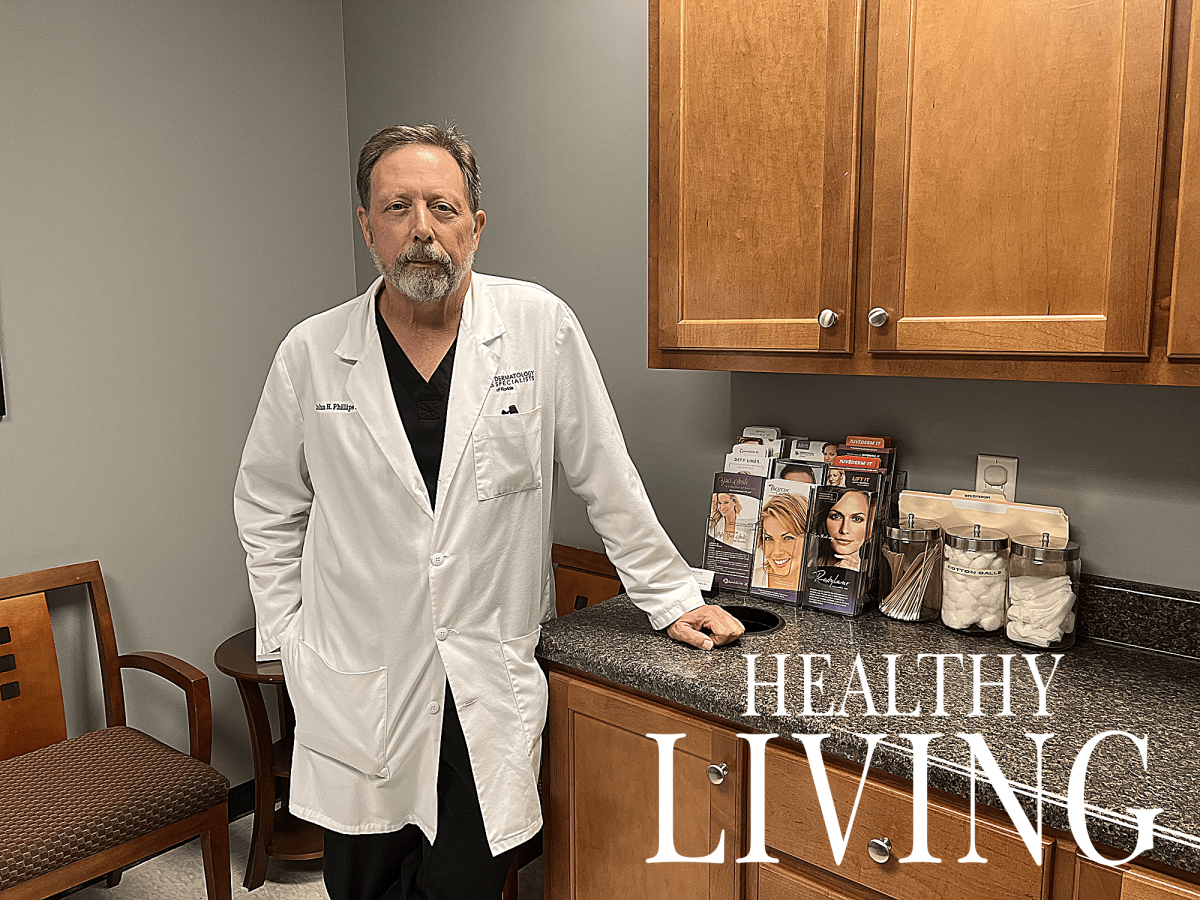Back to school acne tips from a local dermatologist

One of the reasons acne doesn’t develop until adolescence, in most cases, is due to oil glands. The sex hormones, testosterone in boys and progesterone in girls, lead to the production of oil in the skin. The oil feeds bacteria (propionibacterium acnes) in the hair follicles and the breakdown of sebum into free fatty acids causes inflammation (the redness and pustules). The opening of the hair follicles can also become plugged leading to the formation of blackheads. The combination of inflammation, and in some cases picking at the skin, leads to the only long-term consequence of the disease, which is scarring.
That’s right, acne is a disease and like most illnesses, it requires active treatment and even has a cure. To treat acne you must target one of the root causes. Either you decrease oil production due to hormones, open the clogged hair follicles, decrease the bacteria, decrease the inflammation, or some combination of all treatments. The first line of defense for every teen with acne is prevention of clogged pores, so how is this accomplished? First, wash your face twice a day. Pick a product with either benzoyl peroxide (antibacterial) or salicylic acid (opens clogged pores). Panoxyl wash and Neutrogena Oil Free Acne Wash are great products that won’t break the bank. Formerly requiring a prescription, Differin Gel is a form of Retin A, now available over the counter at a much lower price than the prescription products as well. Give this regimen three months to work and if you are still having blemishes, it’s time to call your dermatologist.
When we see a teenager that is washing twice a day with good products and has failed a form of Retin A, we generally begin with an oral prescription treatment. It can vary from patient to patient, but most teens at this point will receive an oral antibiotic to fight the propionibacterium acnes. Tetracyclines, the preferred therapy for acne, are not only effective for their antibacterial effect, they also possess an anti-inflammatory effect.
In girls, we can also effectively address the hormonal component of their acne. Some forms of birth control are effective treatments for acne due to their decrease in androgen production. Also, a medicine called Spironolactone blocks the effect of the hormones at the oil gland and makes the skin less oily. It can be a life changer for girls with acne flare-ups during their monthly period.
Most people aren’t aware that acne is not just a cosmetic concern, but it can lead to social isolation, depression, and even suicide. Studies show that acne causes teenagers just as much emotional and psychological stress as severe medical conditions like asthma, epilepsy, and diabetes. Luckily, most teens respond well to either antibiotic therapy or hormonal therapy, but a select few will not and they truly need the medication that cures acne, Accutane. Accutane is an oral form of Retin A and it cures acne in 70% of patients that complete a five month course.
Anyone with hard-to-manage acne can benefit from treatment. A dermatologist can custom design a treatment plan so you can achieve your clear skin goals. If you have further questions about acne treatment, we encourage you to schedule a consultation at Dermatology Specialists of Florida by calling (850) 932-1455.
Dermatology Specialists of FL
(850) 932-1455
2053 Fountain Professional Ct STE B, Navarre, FL 32566
mydermspecialists.com






